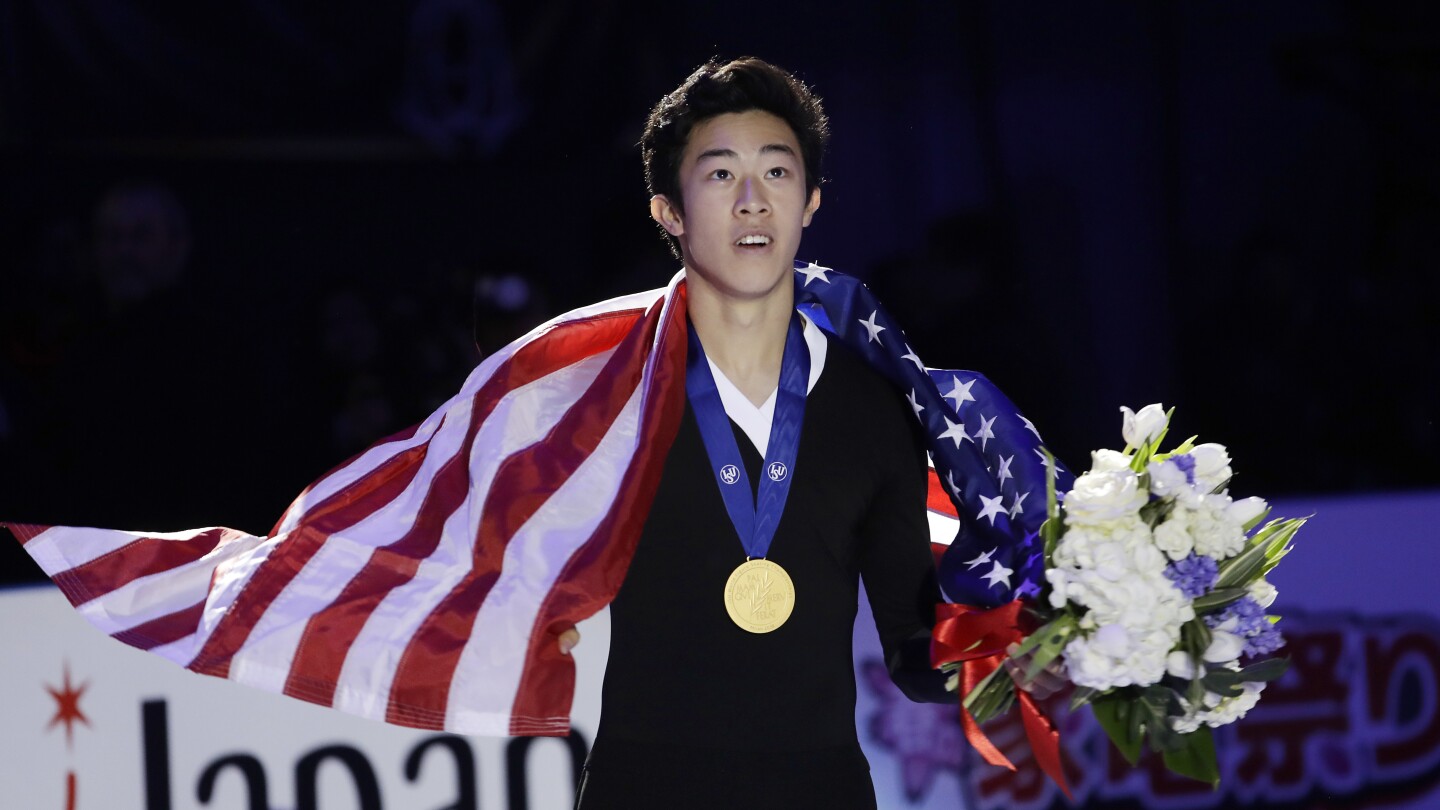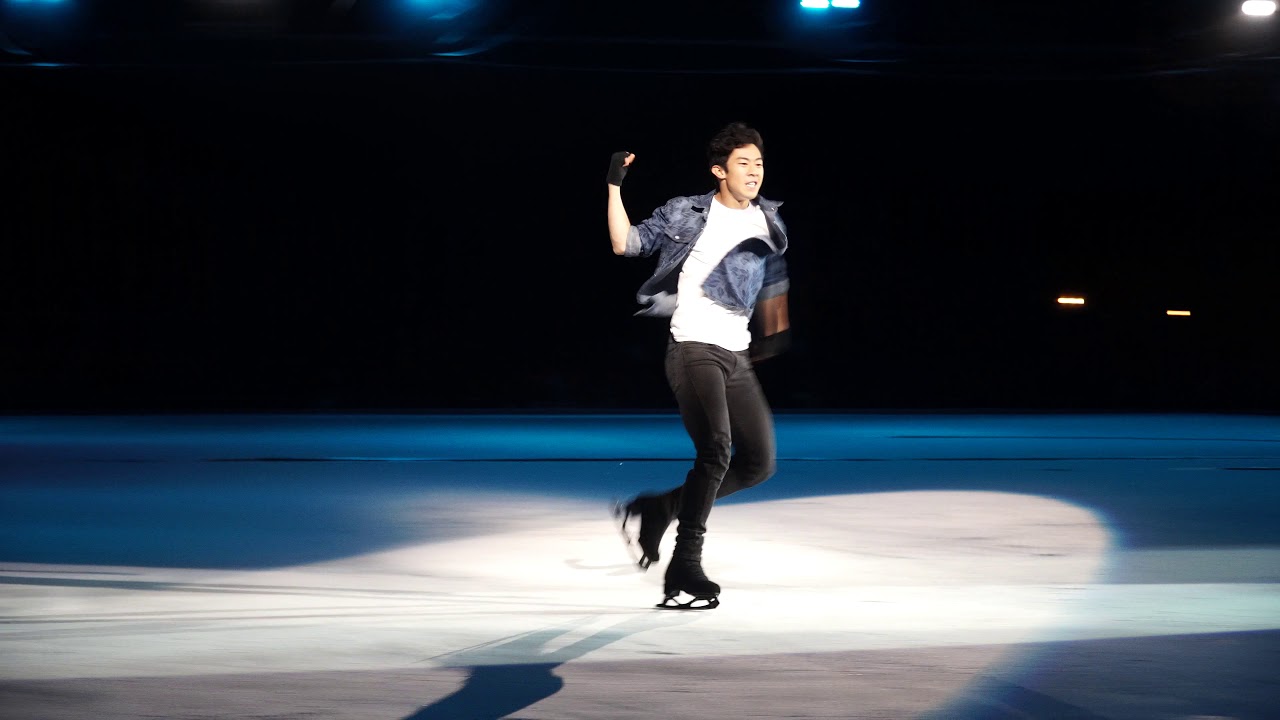Bringing this here from U.S. men's thread, not to further arguments, but to clarify apparent misreading or misunderstanding:
It's not the system's fault either. Nathan chooses to focus on quads. That's his prerogative... That's certainly his choice, but I don't have to like it or think that the current scoring system forced him to do it that way. And for what it's worth, I felt his junior program was just OK in terms of artistry, not some shining beacon of budding creative genius.
No one said Nathan's 2015 junior free program is "some shining beacon of budding creative genius." You have characterized it that way, which is an exaggeration of the not undue praise Nathan received at the time, mostly by the commentators at that event. I didn't see Nathan's 2015 junior Worlds performance in real time, but I can certainly appreciate it for what it was and is, looking back from this vantage point. I agree with former multiple World and Canadian champion, Kurt Browning's commentary, re his generous praise, as well as his critically observant comments about Nathan at that stage of his career.
No one is asking you to like Nathan's choices or Nathan's skating. To each their own. No one said the 'scoring system forced' Nathan to focus on mastering quad rotations for all of the basic jumps in figure skating, except the axel. I said that Nathan got the clear message he could reach the international podium very quickly if he mastered quads, so he seized the available opportunities to demonstrate his prowess. Since Nathan loves to jump, he didn't anguish over whether or not it was possible for him to master quads. Nor did he set out to break any quad records. He simply placed focused attention on his technical training and he took some risks in his debut senior competitions. The risks paid off.
... He could skate programs with more artistry and performance if he wanted to, and maybe not win, but he doesn't...
Your contention that Nathan could skate progams with more artistry and performance, flies in the face of the fact that his collaborations with Shae Lynn Bourne, Lori Nichol, et al, have already made an influential creative impact on the men's field.
Let's be honest that competitive figure skaters want to win, and that Nathan is not the first nor the last talented skater to focus on maximizing his chances of winning in the ways that are unavoidably dictated by the ISU's scoring system. It's the ISU and the federations you need to take to task if you don't like the way skaters approach their technical content while also trying to balance creativity and performance value as best they can. It's not any of the skaters' faults that technical content is more highly vauled, and that PCS marks are closely tied to technical content and political rep, rather than judges diligently and more accurately analyzing and fairly scoring PCS categories.
The other part of this is that Nathan became stronger and more fit after 2016 U.S. Nationals where he was actually not at full strength physically despite placing third. As we know, during the gala exhibition, he suffered an injury which ultimately became a blessing in disguise for his future competitive growth and development, even though he was not able to compete that season at both Worlds and junior Worlds, which he had earned the opportunity to do.
It's a wrong assumption that because Nathan focused on quads, he was consciously ignoring his creative development. The fact is: all skaters who increase difficult technical content in their programs (especially quads) are necessarily less able physically, mentally and timewise to give detailed attention to artistry. That does not mean their programs contain no creative content or that they (if musically gifted) do not interpret music well. But it's quite clear that landing 5 or 6 quads in a free program means choreographic content takes a backseat. That's one of the reasons why the sport made changes to the scoring system, especially post Nathan's record-breaking quad success.
TPTB had already been contemplating making changes because of complaints regarding the over-emphasis on technical content. The main precipitator for the recent scoring changes however, is because the ISU wished to preserve judges' control, which had been lessened by the spectre of skaters landing multiple quads in a system where quads were over-valued. Therefore, what Nathan accomplished in 2017, decisively led to speeding up of the rules change process.


 olympics.nbcsports.com
olympics.nbcsports.com










